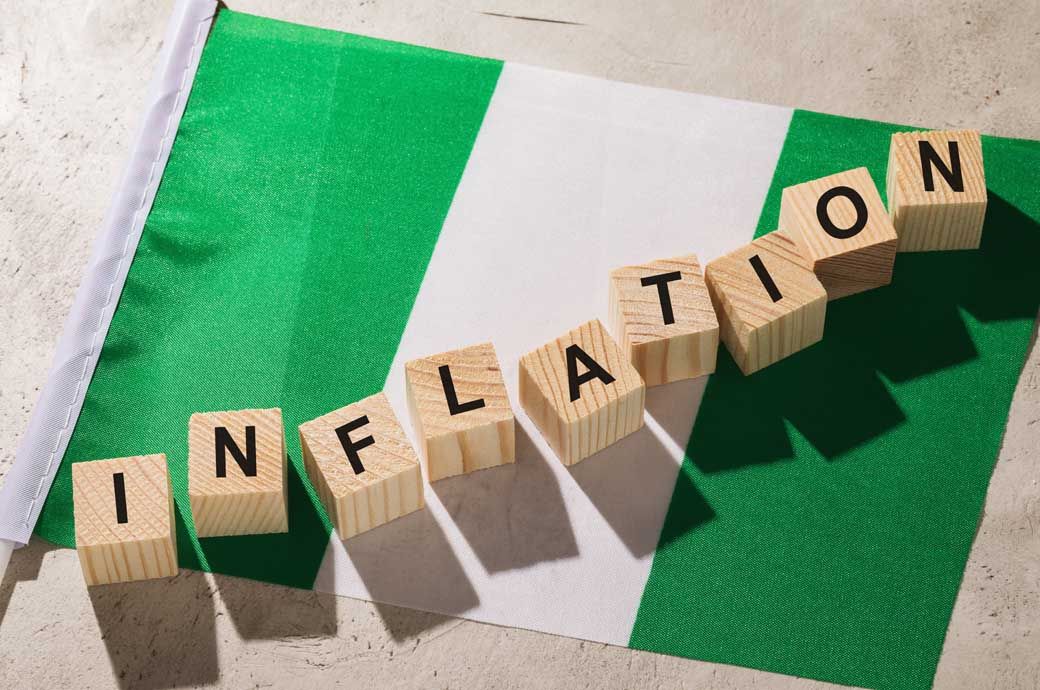
This projection, though, is a decrease from the February 2024 inflation rate of 31.7 per cent.
The report emphasised a slow but steady growth trajectory for Nigeria’s non-oil economy, with stabilisation anticipated in the oil sector due to recovery in production and slightly reduced prices. Structural reforms were deemed essential to stimulate higher growth rates.
Regarding inflation, the World Bank anticipated a gradual easing to 15.1 per cent by 2026, attributing this to monetary policy tightening and exchange rate stabilisation. Food inflation and currency depreciation were identified as key drivers of inflation across Sub-Saharan African nations.
The report highlighted that one-third of the Sub-Saharan African countries with available food price data experienced double-digit year-on-year food inflation rates by February 2024, with notable increases observed in Ethiopia, Malawi, Nigeria, Sierra Leone, and Zimbabwe.
Moreover, the World Bank noted a slowdown in poverty reduction in the region, with Nigeria and the Democratic Republic of Congo collectively accounting for one-third of individuals living in extreme poverty. It underscored the triple challenges of high extreme poverty, significant inequality, and limited translation of economic growth into poverty alleviation.
Since 2014, the pace of poverty reduction has notably decelerated, dropping from a 3.1 per cent reduction rate between 2010 and 2014 to 1.2 per cent between 2014 and 2019, reflecting the region’s persistent challenges in addressing poverty and inequality.
Fibre2Fashion News Desk (DR)